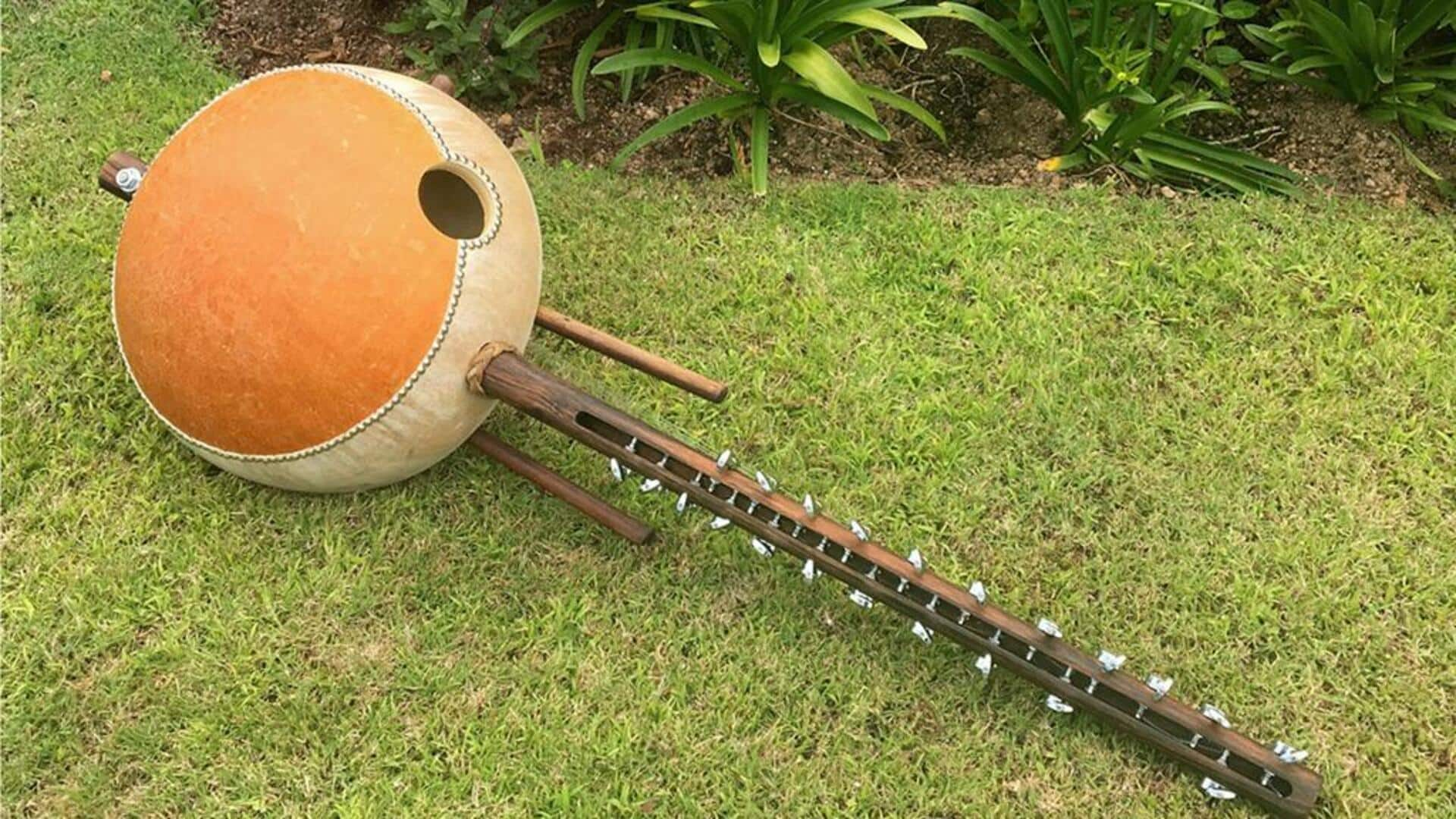
Celebrating the harmony: African harp virtuosos unveiled
What's the story
The African harp, with its melodious and soulful tunes, has long been a cornerstone of traditional music across the continent. This article highlights the virtuosos who have dedicated their lives to mastering this instrument, bringing its enchanting sounds to audiences far beyond Africa's shores. From legendary pioneers to contemporary innovators, these musicians have not only safeguarded but also evolved the art of harp playing in Africa.
Origins
The roots of African harp music
The African harp, particularly the kora and ngoni, has a rich history spanning centuries in West Africa. Central to storytelling and ceremonies, these instruments hold deep cultural significance. The art of playing them is traditionally transmitted within griot families, custodians of their community's history and culture. This familial lineage preserves the art form's essence.
Innovators
Pioneers of the modern harp sound
Malian musician Toumani Diabate is one of the key figures who have introduced the kora to the world. Having recorded over 70 albums, Diabate has worked with artists globally, fusing traditional kora music with jazz, blues, and more. He has not only brought the kora to the global stage but also paved the way for a new generation of musicians.
New wave
Contemporary stars on the rise
Africa's new generation of harpists are making waves, blending traditional sounds with modern beats. Aicha Kouyate from Guinea is blending the traditional sounds of the kora, a type of harp, with the modern beats of electronic music. This fresh twist has her blowing up on social media, proving that even the oldest instruments can jam in the digital age.
Gatherings
Festivals celebrating harp music
Annual festivals across Africa highlight the vibrant tradition of harp music. Events such as Mali's Festival sur le Niger and The Kora Awards feature skilled musicians from around the continent. These celebrations serve as more than just stages for artists; they cultivate cultural exchange, uniting performers and spectators in a shared appreciation for Africa's rich musical heritage.
Learning
Preserving tradition through education
Institutions and workshops play a crucial role in the survival of traditional harp playing. In Senegal and Gambia, schools operated by master kora players provide instruction to both local and foreign students eager to learn this complex instrument. By passing on knowledge and skills to new generations, these educational initiatives play a crucial role in preserving the rich tradition of African harps.